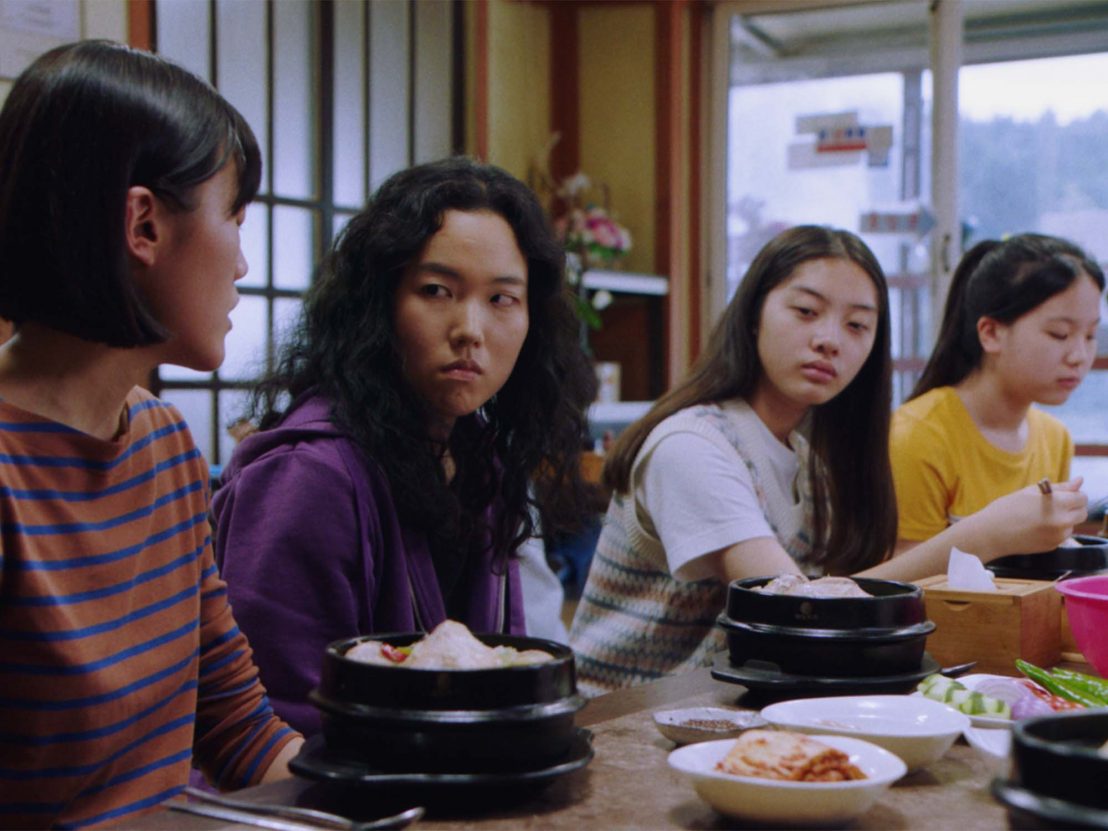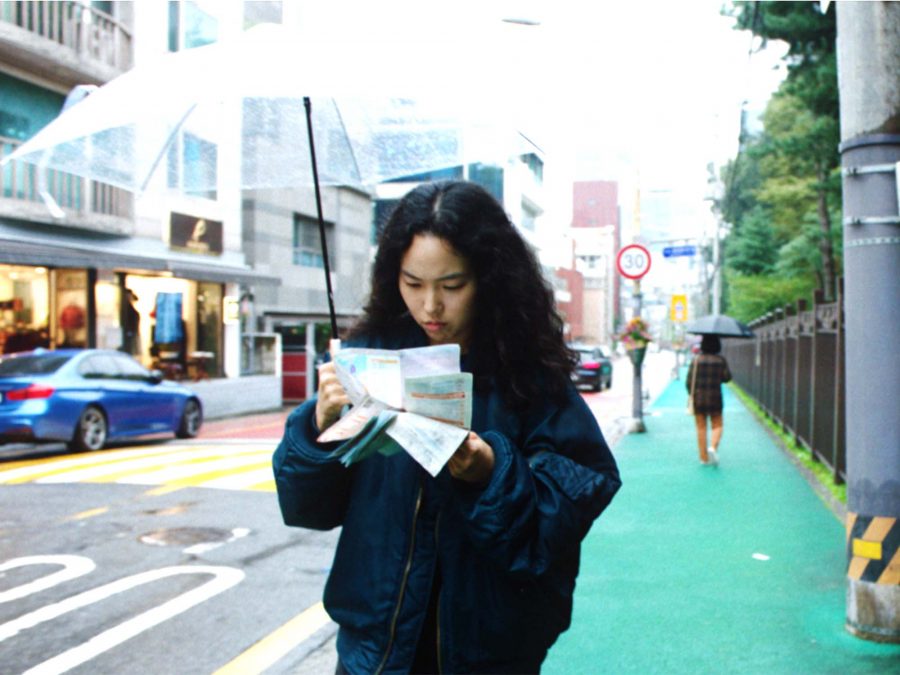
One of the greatest fears of my (admittedly fairly sheltered) life involved a formative trip to Tokyo. As is the custom for such primo vacations, one tends to book early in the hope of saving a few yen in the process. As such, this left me with six months until my departure date.
Instead of eager anticipation and a sense of swelling excitement, the overwhelming mindset I experienced during that half-year wait was one of extreme trepidation and anxiety. That wasn’t in any way related to my desire for adventure and wanting to visit this deeply alluring city on the other side of the globe – it was more to do with a fear of being, as the title of the movie goes, lost in translation. That I would arrive at the airport, and the culture would be so distant to me, that I would barely be able to make it to the hotel.
I wish Davy Chou had made Return to Seoul 15 years ago, as it would’ve provided a balm for my pre-flight jitters. Even though it is centred around another major South-East Asian capital city, it is a film which traffics in the idea that, by hook or by crook, people somehow manage to communicate with one another despite language barriers or any perceived cultural chasms.
Its central protagonist, Park Ji-min’s tenacious and exuberant Freddie, was born in Korea, but was adopted by French parents and received what appears to be a fairly affluent upbringing in Paris. She’s a native French speaker, and due to her understandable apprehension to return to her birth country, is not able to converse in Korean.
And yet, in the film’s opening chapter, she is in Seoul, dominating the conversation in a bustling bar with the kindly Tena (Guka Han) assisting her with translation. With her natural charisma and allure, a group of semi-soused guys are swiftly eating out of the palm of her hand, and the sequence sets out one of the film’s thematic stalls: that if people see value in making a connection with another, they will refuse to allow language to inhibit their efforts.

Maybe my fear of going to Japan was a product of the storytelling conventions of previous decades which had sought to exoticise and distance any place that isn’t the west in the name of dramatic intrigue. All types and genres and film have traditionally traded in such tactics, from titles as tonally and stylistically distanced as 1967 James Bond caper, You Only Live Twice, to Miyazaki’s charming witch-in-the-city rite of passage movie, Kiki’s Delivery Service, and some more tactfully than others.
Yet there are more recent, more pertinent examples of a sub-genre of movies that explore this notion of communication transcending the limits of language. The story of Oscar-nominated wonder, Drive My Car, by Japanese director Ryusuke Hamaguchi, orbits around a production of Chekov’s ‘Uncle Vanya’ in which cast members are drawn from different locales and the essential power of the play goes undimmed. Lee Issac Chung’s Minari, too, documents the efforts of a Korean expat family trying their hardest to build a farm in America, despite their extreme cultural disconnect from the land and the people. Lulu Wang’s bittersweet The Farewell – which perhaps shares the most DNA with Return to Seoul – sees a Chinese-American woman returning “home” in an attempt to keep her cultural roots well watered.
In Return to Seoul, it’s enervating to see Freddie take such charge and question this notion that loneliness and alienation should be our default setting when we’re out of our geographical comfort zone. Chou then caps things off by having Freddie hump and dump one of the drooling onlookers.
Later in the film, Freddie makes the decision to spend this small window she has in Seoul to head to the adoption agency that processed her case and see if there’s any way she could connect to her birth parents. Her estranged biological father takes the bait, and her visit with him instantly proves uncomfortable, even if she’s able to chalk it up to a loss of nuance in their communication.
There’s something quite radical about having a character who has an innate feeling that this potentially fraught moment of belated reconnection was perhaps not the best idea she had ever made. Freddie is an empowering presence, even though she is most definitely not what some might call a “morally pure” character.
She takes a giant leap across the language barrier in a way that demonstrates the possibilities of such endeavours, even if they don’t result in unalloyed happiness. The lesson to my more youthful self is, don’t worry that people won’t understand you, worry that people might think you’re a dick when they do.
Return to Seoul is released in UK and Irish cinemas Friday, May 5, and streams exclusively on MUBI from July 7. Find screenings and book tickets here: mubi.com/returntoseoul
Published 4 May 2023